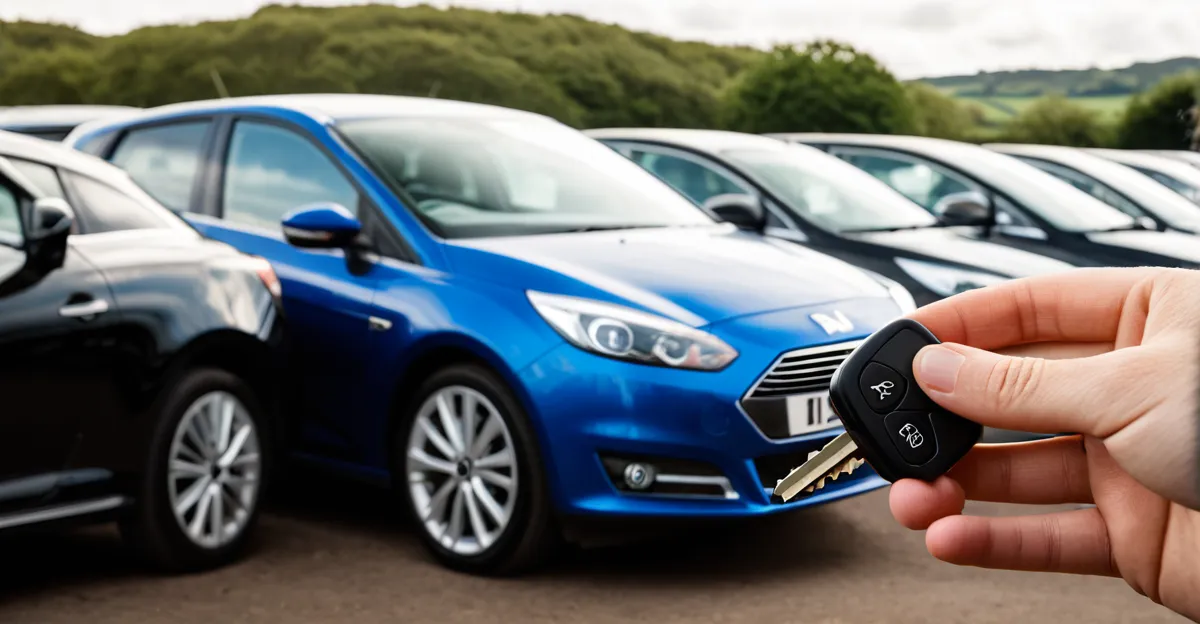Core Factors Shaping UK Car Consumer Preferences
Understanding consumer preferences UK car market requires examining several pivotal elements influencing buying decisions. One primary factor is price sensitivity and affordability considerations. UK buyers frequently assess upfront costs alongside long-term expenses, balancing budget constraints with desired features. Cars offering competitive pricing with reasonable running costs tend to attract more interest.
Another significant aspect is the importance of brand reputation and perceived reliability. Consumers often equate trusted brands with lower maintenance worries and better resale values, thus prioritising familiarity and proven performance. This factor plays a considerable role in brand loyalty and repeat purchases within the UK.
Also to discover : What are the challenges facing the UK automotive supply chain?
Fuel type preference remains vital in shaping car purchase trends UK. Buyers deliberate among electric, hybrid, petrol, and diesel options, influenced by running costs, environmental concerns, and usage patterns. Growing awareness of emissions and fuel economy encourages many to lean toward electric and hybrid models, though petrol and diesel still account for substantial market shares due to range and refuelling convenience.
Taken together, price, brand reputation, and fuel type create a framework that consistently guides UK buyers in selecting vehicles aligned with their needs and values.
Also read : How are UK car manufacturers enhancing vehicle safety standards?
Influence of Environmental and Technological Developments
Growing environmental factors are increasingly impacting car buying UK decisions. Consumers now prioritise vehicles with lower emissions in response to strict UK emissions regulations and heightened awareness of climate change. These environmental factors car buying UK have propelled demand toward electric vehicles UK and hybrids. Government targets to phase out petrol and diesel vehicles reinforce this shift, making eco-friendly options more attractive despite potential higher upfront costs.
Alongside environmental concerns, car technology trends UK heavily influence preferences. Innovations in connectivity, driver assistance systems, and infotainment create stronger appeal for tech-savvy buyers. Features such as adaptive cruise control, lane-keeping assistance, and smartphone integration have become expected in many new models, boosting consumer interest in advanced vehicles.
The accelerated uptake of electric vehicles UK is also shaped by improving battery ranges and charging infrastructure, addressing common buyer challenges such as range anxiety and charging convenience. However, barriers remain, including initial price premiums and limited charging points in rural areas. Combining environmental priorities with technological advances, the UK market shows clear momentum toward sustainable and intelligent vehicle choices, reflecting evolving car purchase trends UK.
Effects of Government Policies and Financing Options
Government policies substantially shape consumer preferences UK car market by incentivising greener choices and influencing affordability. The UK government car policy actively encourages buyers toward electric and low-emission vehicles through grants, tax benefits, and reduced vehicle excise duty. These car incentives UK lower initial costs, making electric and hybrid options more appealing amidst rising fuel prices.
How do government policies affect car purchase trends UK? Primarily, by altering financial calculations around total ownership costs. For example, policies penalising high-emission cars raise operational expenses, steering demand toward eco-friendly models. Additionally, emissions standards compel manufacturers to offer compliant vehicles, reinforcing shifts in factors influencing car buying.
Car financing options markedly impact UK buyers. A variety of models—including personal contract purchase (PCP), leasing, and traditional loans—offer flexible pathways to ownership. These financing choices help mitigate upfront price sensitivity, a key factor for many purchasers. Leasing, in particular, appeals to those valuing vehicle turnover, aligning with fast-evolving car market trends UK.
Together, government regulations and diverse financing solutions create an environment that encourages sustainable buying habits, addressing budget constraints while aligning with policy goals.






